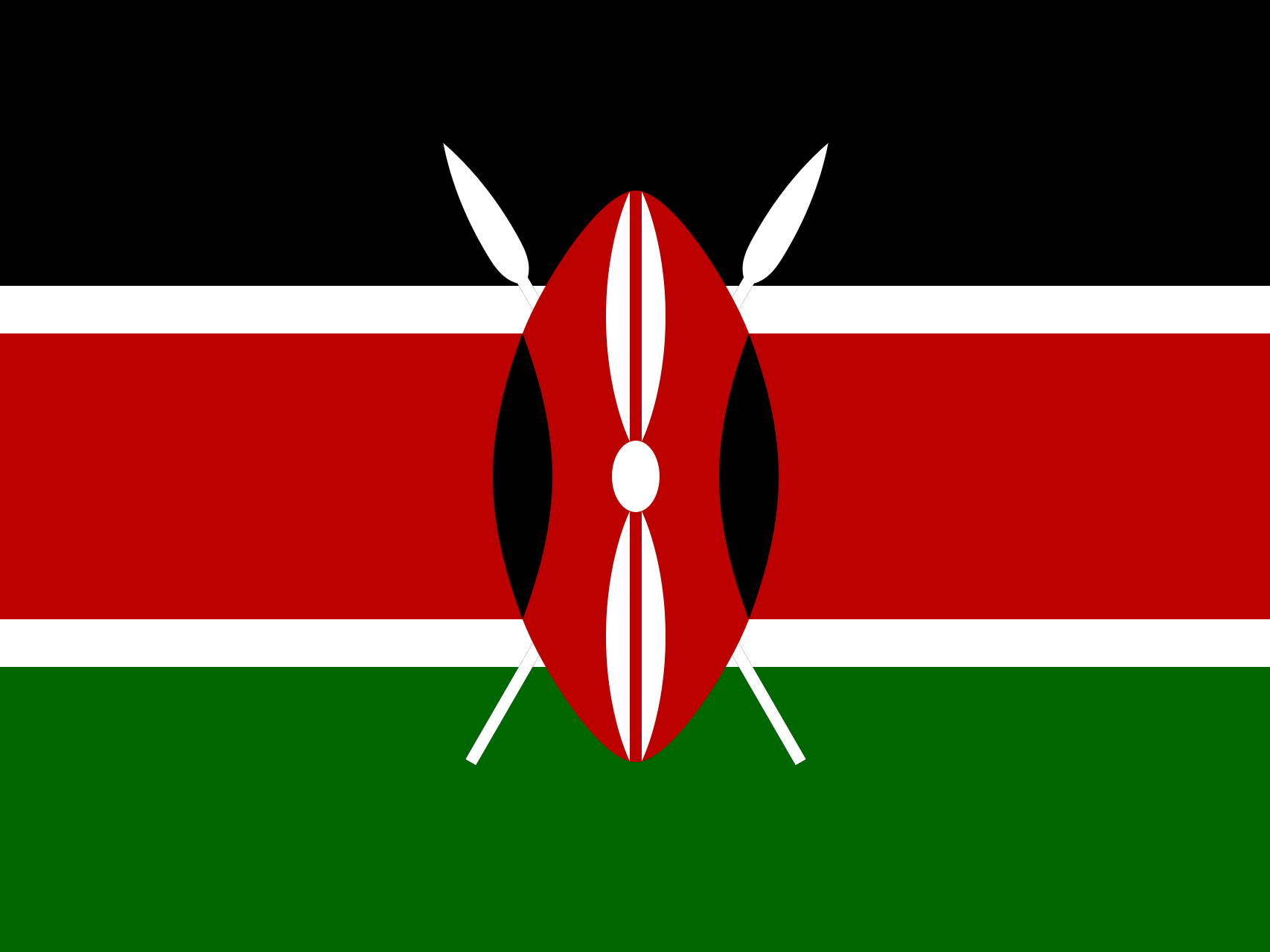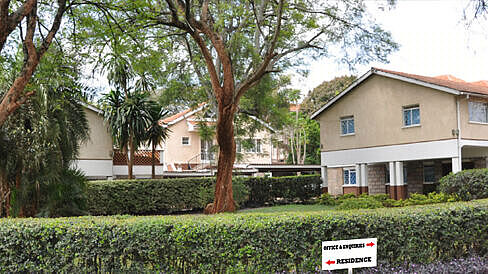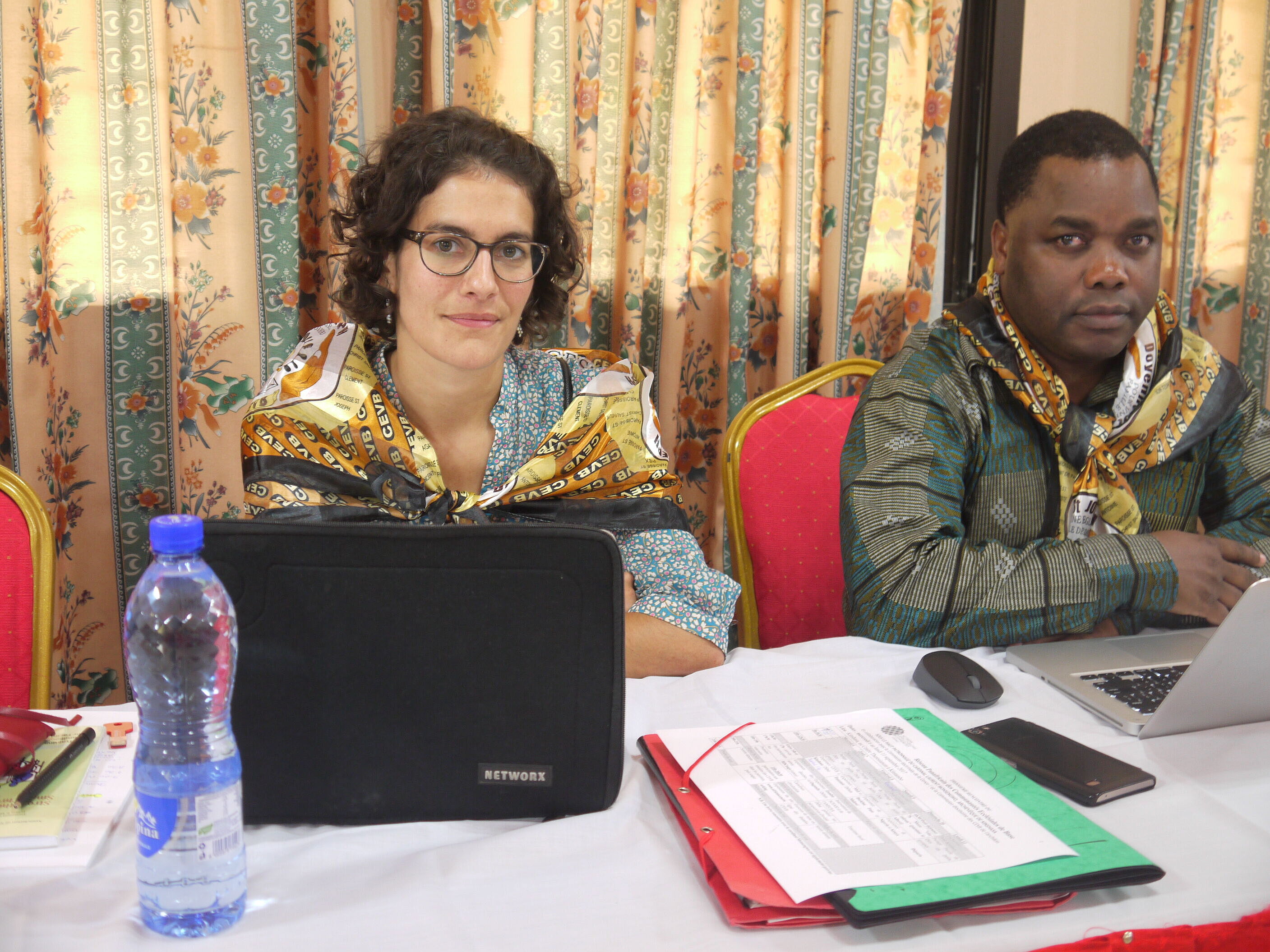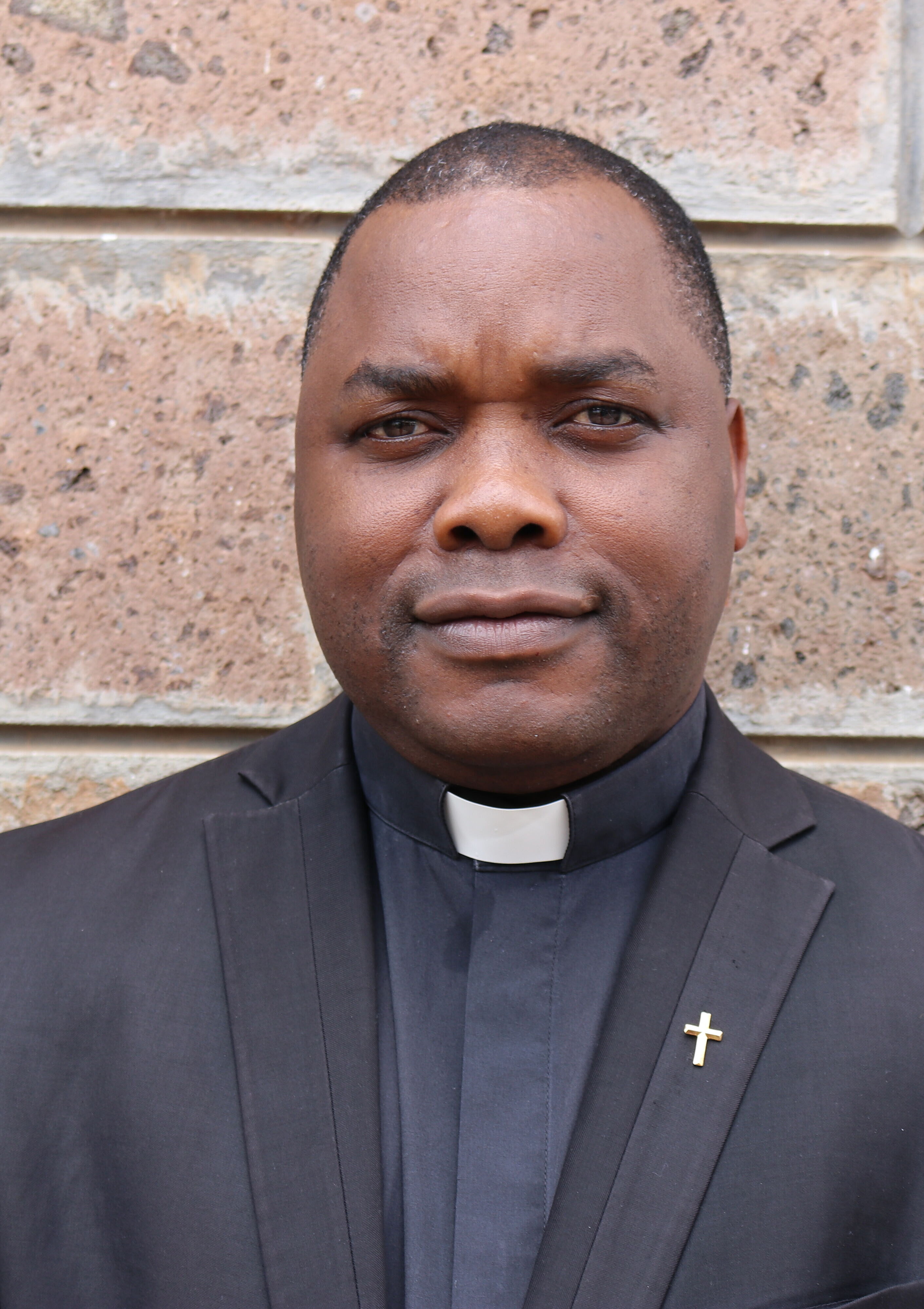
Network Pastoral Afrika
Kenia – AMECEA Secretariat
About the Institute
AMECEA is an acronym for “Association of Member Episcopal Conferences in Eastern Africa”. It is a Catholic service organization for the national Episcopal Conferences of the nine countries of Eastern Africa, namely Eritrea, Ethiopia, Kenya, Malawi, South Sudan, Sudan, Tanzania, Uganda and Zambia. Djibouti and Somalia are affiliate members. It is one of the nine regional Episcopal Conferences that form part of the Symposium of Episcopal Conferences of Africa and Madagascar (SECAM).
The history of AMECEA dates back to the Second Vatican Council. In fact, Statutes of the Association were officially approved during the Council in Rome in 1964. The same year, a Permanent Secretariat was established in Nairobi. AMECEA was preceded by ITBEA (Inter Territorial Board of Bishops in East and Central Africa). From being a forum for purposes of meeting to exchange ideas on key pastoral issues of common interest in the Region, AMECEA has grown from strength to strength to distinguish itself as one of the outstanding faith based models of collaboration and effective integration in Africa.
The structure of AMECEA is different from the rest of the Pastoral Institutes. It is a Regional Secretariat which coordinates the pastoral operations of the nine Episcopal Conferences, under which various Pastoral Institutes are managed.
One of the distinctive characteristics of AMECEA is its being an organ of pastoral solidarity and collaboration, whose flagship is building a participative Church which is firmly anchored at grassroots levels in Small Christian Communities.
Like other Episcopal Conferences, the authority over all AMECEA’s activities rests with the Plenary Assembly of all the Bishops of the AMECEA countries. Between the Plenary Assemblies, the Executive Board takes the necessary decisions, according to the AMECEA priorities. The day to day decisions are taken on behalf of the Chairman by the Secretary General who also coordinates the AMECEA Departments and Institutions.
Vision/Mission
For a period of more than half a century of existence, AMECEA has strived to be true to its Vision and Mission.
Its vision is to have a Holy Spirit-filled family of God committed to holistic evangelization and integral development.
Its mission is to inspire and empower the Family of God for credible witness by promoting unity, justice, peace and solidarity among members.
Partner of Network Pastoral Africa
Association of Member Episcopal Conferences in Eastern Africa (AMECEA) was founded in 1961 for Pastoral Collaboration among members on pastoral issues of common interest. At that time, key areas of focus included the renewal of the Church in Africa in the light of Vatican II, transform from missionary to local church and respond the political independence wave that was taking place within the Eastern Africa region.
The AMECEA region has grown in leaps and bounds and situation is quite different from the one during the inception of the Association. All the countries in the region have gained political independence and most of them have embraced democratic governance. The Church has also been established and taken a local milieu to a very large extent with functional administrative and pastoral structures. Several Pastoral Institutes have been developed over the years in various respective dioceses and Conferences within the region. However, the liberalization taking place, mushrooming of religious sects, infiltration by other religions, pockets of political and social instability, persistent poverty, ignorance and diseases among the people, unlimited media influence and globalization, instances of violence, terrorism, corruption, erosion of values, human dignity and wanton destruction of the environment pose new challenges that have necessitated re-orientation of the focus of AMECEA to serve the family of God in the region in a new way and respond to these emerging needs.
Rev. Fr. Emmanuel Chimombo, (AMECEA Pastoral Coordinator)





